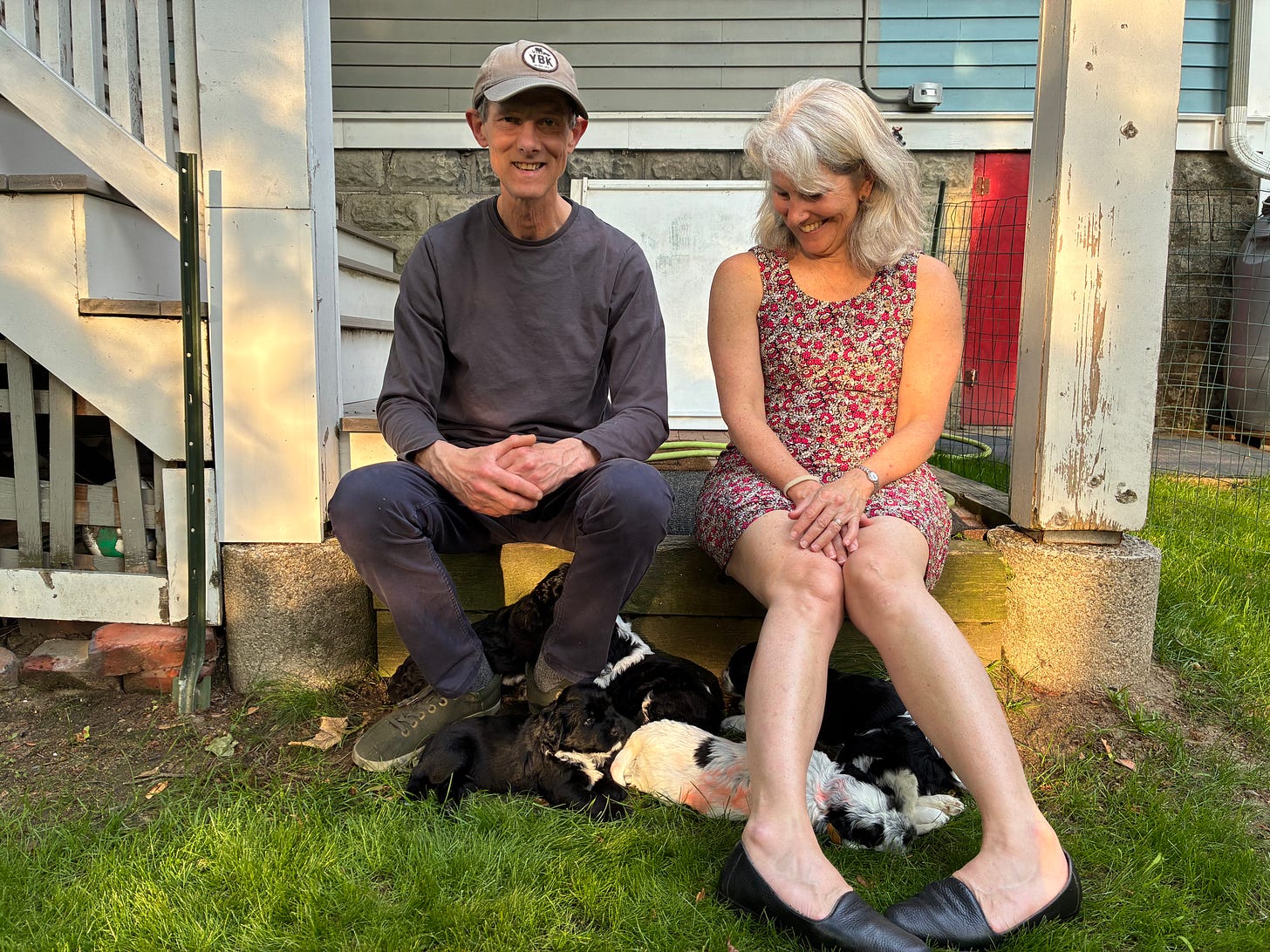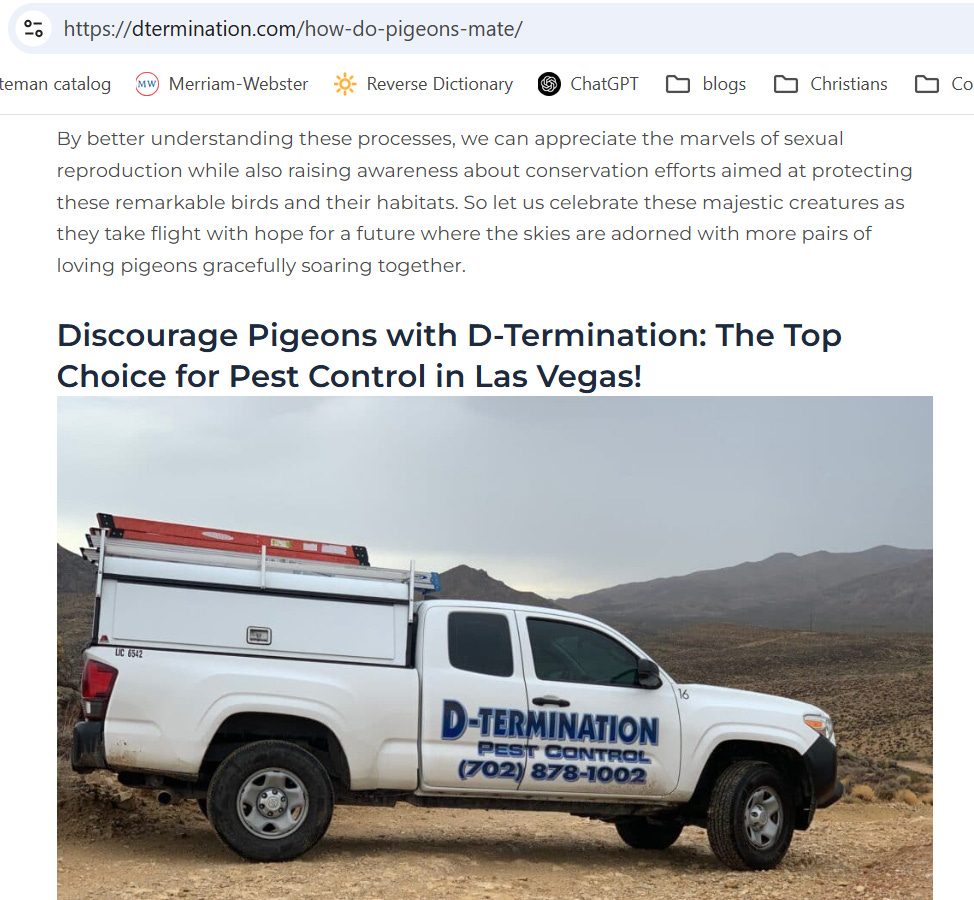I’ve been trying to write a post about Jews for weeks. At this point, it has sprawled somewhat uncontrollably - from my aunts and uncles (great and regular), to the Talmud, early Zionism, the evolving definition of Holocaust survivor, Man’s Search for Meaning, and Reformed, the French sitcom about a newly minted woman rabbi. It has circled anxiously around Israel and the war in Gaza. It has tried to keep up with the news, but the news isn’t making that easy. I keep thinking I’ve got it, and then I haven’t, so I think about abandoning it, and then I don’t. I don’t know how much longer I can go on like this (probably too long), but if that sounds like something you would like to read, please say so, and maybe I will finally finish it and hit send. Or maybe not.
In the meantime, this week I’ve got a couple of light bits and bobs.

I don’t know how we started talking about pigeons, but then I was saying that I think there are less pigeons than there used to be and my uncle was saying that pigeons have sex under air conditioners. At first we thought he said on top of air conditioners, which I said might be because air conditioners are the closest pigeons can get to rock ledges on the streets of the Upper West Side, but my uncle made it clear that he meant under air conditioners. My aunt said he would know, and it’s true. Although he has miraculously recovered from his Covid deathbed sufficiently to sit in his wheelchair and eat bagels and lox at the dining room table with us, he still spends a fair amount of time in his hospital bed in the living room looking out the window at the buildings across the way whose windows are lined with air conditioners, under which pigeons are apparently having sex.
This led to us wondering how pigeons have sex, which led to me googling how do pigeons have sex. The short answer is that pigeons have sex via a cloacal kiss.1 The long answer can be found in the remarkable article “How Do Pigeons Mate?”
Why is “How Do Pigeons Mate?” remarkable?
First of all, it is endless. Which is to say, 3,677 words2 in 18 sections, the 11th of which, “The Cloacal Kiss: The Physical Act of Mating in Pigeons,” explains how pigeons have sex. Others include “Bowing and Cooing Sounds,” “Nodding and Head-Bobbing,” and “Same-Sex Pairings: Instances of Homosexual Behavior of Pigeons” (yes there are some - and cooing sounds are involved).
Second of all, every noun has an adjective: “intriguing and essential aspect,” “fascinating birds,” “suitable partner,” “highly social animals,” strong pair bonds,” “remarkable courtship rituals”…and that’s just the first three paragraphs.
Third of all, there is high romance (also littered with adjectives): “pigeons look for individuals that exhibit confidence, intelligence, and strong nurturing instincts” in “this elaborate dance of love” as “the courtship performance becomes an enchanting spectacle” resulting in “the unwavering loyalty of monogamous pigeons.” Call that the Cliff Notes version of the upcoming first pigeon romance novel which could spark a pigeon romance boom that might even end up with pigeon hockey romances. But I digress.
Fourth and last of all, the repetition is next level. Coos and cooing appear 14 times…and I just cannot spend any more time providing evidence of the remarkableness of this article, because you know where this is going, right?
Of course it is AI.
There are many terrible things about AI, so many I can’t even list them plus you know them all. There are also some good things about AI, like I am totally down with my mammogram being analyzed with AI (and then doublechecked by a trained human being, thank you very much). But as we live out the rest of our lives, the good and the bad of AI will both pale before the vast majority of AI which will be used to fill the world with utter banality and unintentional irony, like a 3,677-word article glorifying pigeon sex that ends with this:
Book(s) of the Week
I often have to admit that I am not a big Ann Patchett fan, because Ann Patchett (who must always be referred to as Ann Patchett) writes novels so frequently that people seem to always be asking me about them. They always love Ann Patchett, and I always don’t want to disappoint them, so I generally say things like I’m know she’s great, but she’s not really my thing.
I did love Commonwealth very much of a lot, to the point that it is probably one of my top novels of this century. I got through The Dutch House, but it didn’t do much for me. I have tried Bel Canto several times because I can’t believe I don’t like a book that so many people love so much, but I appear to be incapable of reading it. I found Tom Lake unbearable and had to quit after 40 pages even though several people told me it was worth it to get through the beginning. But there are so many books out there that I don’t feel I need to read books that involve getting through the beginning, especially when I don’t have a good history with the author - or at least with her fiction.3
Because all that said, I do like Ann Patchett’s nonfiction, maybe a little bit despite myself, because she’s so jaunty and all that, but she also just writes good essays. I think I first read Truth & Beauty, her memoir of her friendship with poet Lucy Grealy, when it came out. At the very least, it was a long time ago. I pulled it out again a couple of months ago when I started thinking about elegies for friends, and I finally reread it last week. First of all, it hardly an elegy, for Lucy dies almost at its very end and then there are just a few pages of life after Lucy.4 Second of all, one of the reasons I wanted to reread it was to see how Ann Patchett handles writing about a difficult friend - although I knew it was different because I remembered neither she nor Lucy having much attachment to Lucy’s family. What struck me in this read was the vibe of Lucy as the terrible yet enchanting beloved and Ann (OK, that’s enough Patchett) as the insanely devoted acolyte. I think when I first read the book, I thought they were both impossibly glamorous and exciting, but this time it all just seemed pretty awful, though maybe that’s because now I’m old. Third of all, what struck me most this time around was that the timeframe the book covers, 1985-2002, and the literary culture it depicts are now so far away, not just temporally but culturally. Mailing poems and short stories to literary magazines with SASEs,5 paper rejection and acceptance letters that come after weeks or months of anxious waiting, writing letters to faraway friends because phone calls were expensive and email and texts didn’t exist, young white writers bouncing from Provincetown’s Fine Arts Work Center to Yaddo to teaching gigs here and there. I know it all felt so hard back then, but it looks so much easier from here.
Because we still deserve nice things…
This one may be niche, but I was delighted by this week’s Marc Maron interview with John Mulaney. First of all, I am partial to both of them, so if they’re not your thing, you should stop reading and come back next week when hopefully I will have something that is nice for you too. Second of all, the actual first word of the interview was Derrida, and then they referenced Foucault, Baudrillard, and Free to Be You and Me, so I was clearly target audience, though I’m guessing I was not at the top of their minds. Third of all and most importantly, one of the things I love is watching people do what they’re good at and similarly I like listening to people talk about things they are good at that I know nothing about. I generally listen to WTF on long car trips where I choose guests who interest me, which means I haven’t listened to a lot of his interviews with comedians, so maybe this is what always happens. But listening to the two of them talk specifically about the mechanics of talk shows, hosting, opening monologues, and interviews was fascinating. And the rest of it was family, sobriety, running with and without music, vacations…things I was happy to listen to the two of them talk about. I don’t know that I would highly recommend, but definitely nice, at least for me.
Fuck, this was supposed to be short and quick, and here it is the same length as all my posts. Which is more or less 1800 words, if you’re wondering - and I’m sorry! But at least I wrote it quickly.
Cloaca is a word that up until last Saturday I knew only from the NYT spelling bee, where I fully appreciated that it automatically comes with its adjectival form, cloacal. If asked its meaning, I probably would have said something to do with a cloak? Or maybe a body part? If you’re on the edge of your seat, I’ll tell you, but I’m going with Merriam Webster: “the common chamber into which the intestinal and urogenital tracts discharge especially in monotreme mammals, birds, reptiles, amphibians, and elasmobranch fishes.” OK, that’s a little technical. Here’s the same thing in plainer English: “a multi-purpose opening located at the rear end of both male and female pigeons through which waste products and sperm are excreted and eggs are laid” (from the remarkable pigeon article, of course). In the cloacal kiss, the pigeons rub their cloacas together. That’s it: pigeon sex in a nutshell, which the pigeon article definitely does not provide.
Yes, I copy-and-pasted it into a Word doc. Research is my love language.
I’m generally pretty good at understanding how books work, what authors do, and why they do or don’t work for me. I am, after all, a book reviewer. But I have no idea why Ann Patchett’s fiction is not for me. I just know it’s not.
Lucy Grealy died in December 2002 and the book was published in 2004, so I expect that Ann Patchett dove right into writing the book - like Yiyun Li dove into writing her books about her sons - as a way through immediate grief that kept her in life with and postponed life without.
Self-addressed, stamped envelopes.




Also a fan of WTF w Marc Maron. I started a few years ago on a road trip as well.
🙋🏻♀️ yes, please, finish it and post! I have similar AP feelings, and I have that episode in my queue. I love listening to Mike Birbiglia’s Working it Out pod. Such great conversations about the craft of writing comedy and storytelling.